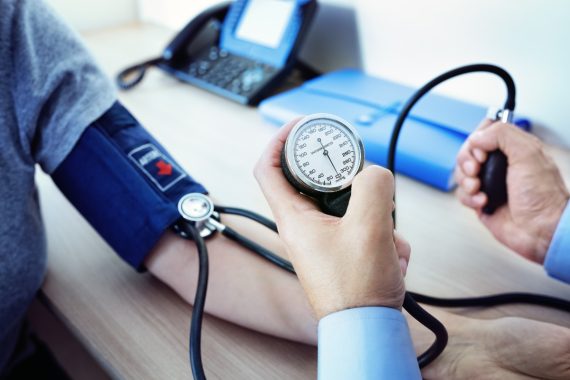Practices eradicate racial inequalities in blood pressure control

GPs in South London have eradicated a large gap in blood pressure control between white patients and those from a Black or minority ethnic background, after a year-long project.
AT Medics Streatham PCN in Lambeth found that among their patients under 80 diagnosed with hypertension, there was a 12% inequality gap in blood pressure control, with 67% of white patients and 55% of black patients treated to target.
Since Covid, the data has shown hypertension outcomes have fallen while inequalities have grown, the team said.
The two practices in the PCN have 45,000 patients, with around 3,100 diagnosed with hypertension. They set up a centralised recall system and made use of practice pharmacists and healthcare assistants to provide guidance, education around self-care, lifestyle and medicines.
In all, 98% of hypertensive patients were recalled and had a blood pressure reading in the 12-month period and by the end of the year 87% of all patients under 80 years are controlled, they reported.
For white patients this is 86.9% and for black patients, 87.4%. Overall the PCN has achieved 20% better control than the next best PCN in Lambeth.
The team has also identified 300 newly diagnosed patients through the project in the past year.
Results from the programme have been shared with the NHS England Board as part of the National Healthcare Inequalities Improvement Programme.
Dr Tarek Radwan, GP director said: ‘This project has delivered incredible results, and this is all down to the dedication of our amazing team, especially our administrators, healthcare assistants and pharmacists.
‘The last 12 months have proved that we can not just reduce but actually eradicate health inequalities and raise the quality of care for everyone at the same time.
‘I know the difference this will make to our local communities, and it really shows what is possible with a highly motivated multidisciplinary team.’
Michelle Dalmacio, the Stroke Association’s associate director for London said: ‘It’s brilliant to see such fantastic results from this 12-month programme which show that using tailored approaches to access healthcare can improve overall diagnosis of high blood pressure and helps close the inequality gap in its treatment.’
Dr Selvaseelan Selvarajah, GP partner at the Bromley-By-Bow Health Centre in Tower Hamlets, East London says the approach of using the wider healthcare team to identify and manage hypertension is something that has also been working well for them.
‘I think what they have done is brilliant. Well done to them. Blood pressure is one of the commonest chronic diseases and proportionally affects BAME population more.’
In his practice they have also advised patients to buy their own BP machine and given guidance on how to use it.
‘If they are unable to, they can use the BP pod in our reception or are booked with a healthcare assistant. Patients are taught to self-manage and take charge of their BP control.
‘This has been very welcome and progressive. I think it is crucial we facilitate patients to manage their own health and empower them to make the necessary changes.’
Visit Pulse Reference for details on 140 symptoms, including easily searchable symptoms and categories, offering you a free platform to check symptoms and receive potential diagnoses during consultations.











